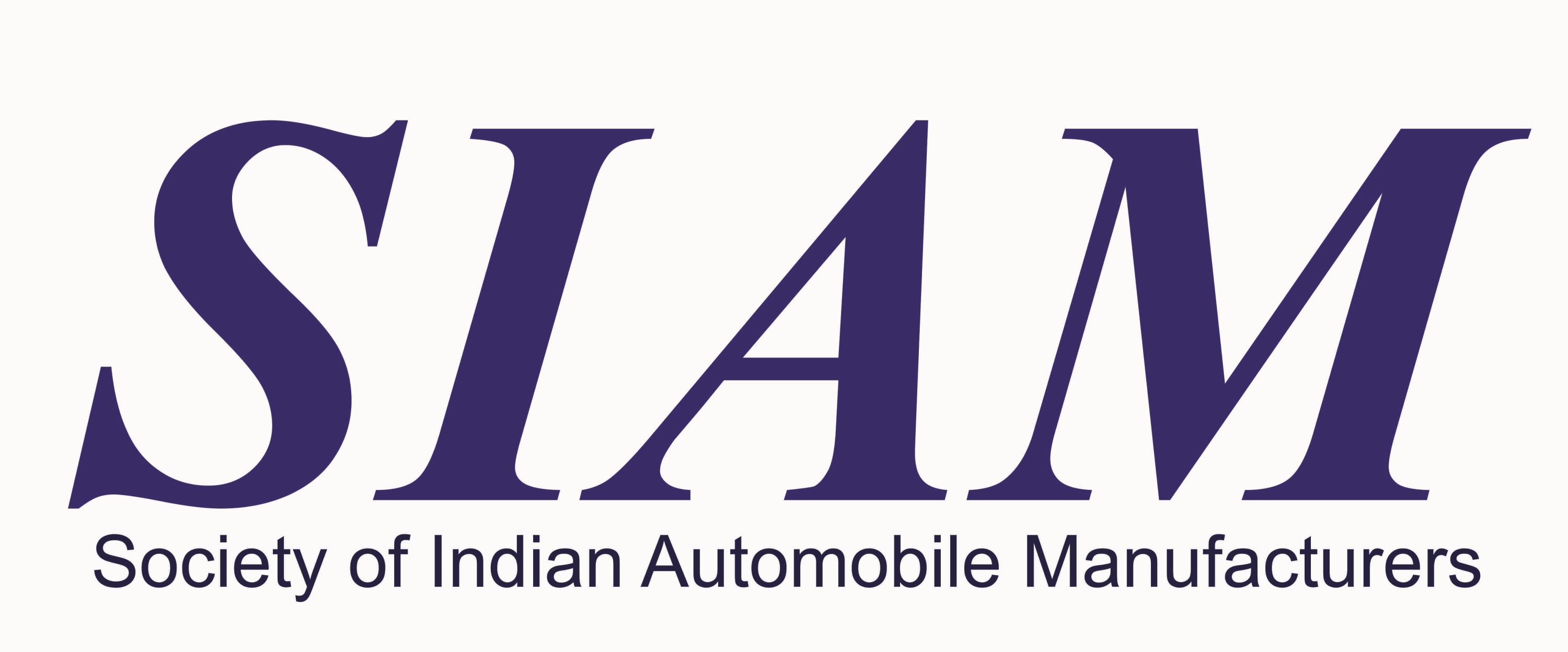Opportunities for Growth to Rebound for Auto Industry
Mr Vinod K Dasari, President, Society of Indian Automobile Manufacturers (SIAM) welcomed the Union Budget 2017-18 and stated that it has a lot of positives for the automotive industry. SIAM expects the growth in auto industry to rebound to the pre-demonetization level through revival of the rural market and substantial increase in expenditure on infrastructure, which are two key factors responsible for the recent growth of the industry.
The decrease in corporate tax rate for MSME will give relief to the tier 2 and tier 3 automobile component manufacturers and help them make investment for future expansion. Also, the reduction in personal income tax at the lower level will cheer the market and improve sentiments, boosting personal consumption expenditure, which should be helpful in enhancing demand for two-wheelers and small passenger vehicles. However, automobile sale depends on bank finance and there is an urgent need for recapitalization of banks, which cannot be adequately addressed with only Rs 10,000 budgetary support.
Mr Dasari, however, expressed his disappointment that Auto industry’s request for the incentive based fleet modernization scheme has again not found support in the budget. Moreover, there was a genuine case for continuation of 200% weighted deduction on R&D expenses for Auto industry, which remained unacknowledged in budget proposals. However, he expressed satisfaction that Rs 175 crores has been allocated towards funding of the electric & hybrid vehicle program, through FAME scheme.
He thanked Ministry of Finance for addressing one of the key concerns of SIAM regarding the payment of TCS on sale of motor vehicles of the value exceeding ten lakh rupees to a public-sector company which is engaged in the business of carrying passengers. In addition, he welcomed the correction of an anomaly in CNG vehicles falling under tariff heading 8702, that surfaced due to amendment to Central Excise Tariff Act in 2016, whereby the tariff sub headings for Petrol/CNG run buses were changed due to which inadvertently the excise duty on these buses got increased from 12.5% to 27%.
However, the issue of 10-13 seater small buses, falling under heading 8702, which continues to attract 27% excise duty due to a separate classification for such vehicles, remained unaddressed.
He also expressed satisfaction on noting that as suggested by SIAM the R&D Cess on import of technology has been abolished and the scope of domestic transfer pricing provisions have been restricted to reduce compliance burden. SIAM had submitted many more procedural simplification suggestions for GST and hope that those suggestions will be taken into consideration when GST Rules are framed.

